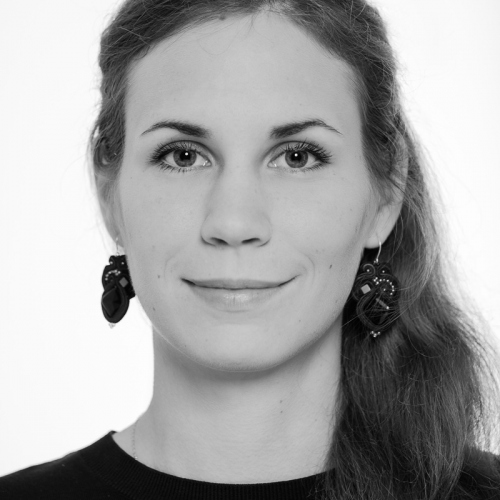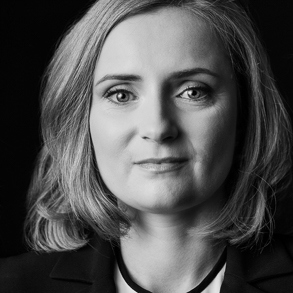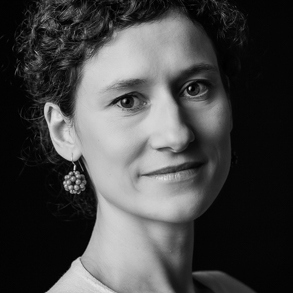An interview with Karol Kłaczyński, Agnieszka Poteralska, Artur Tanona and Maciej Zalewski, members of the team that won first place in the Polish phase of the Global Legal Hackathon.
You won the Polish phase of the Global Legal Hackathon with a solution that you yourselves describe as “a plug-in to Word,” but which has the chance to truly expedite the work of lawyers. What is your concept all about?
Karol Kłaczyński: InteliLex provides quick access to the document database created at the given organisation. In our discussions with lawyers this problem often comes up. The knowledge exists, it has been developed, but searching for it is time-consuming and inefficient. InteliLex helps improve the efficiency of the search.








